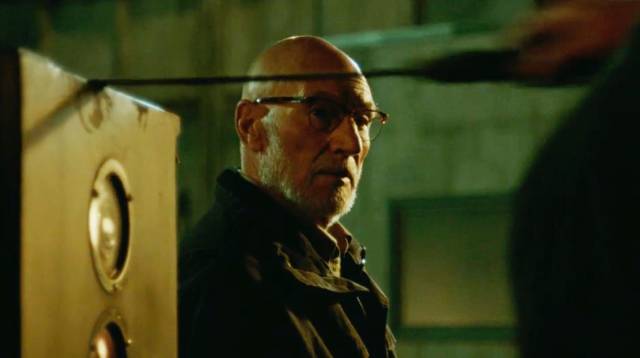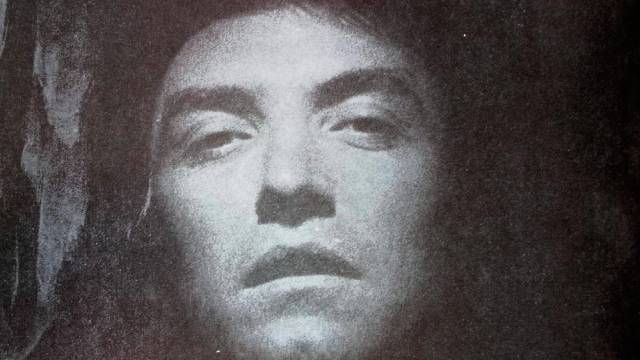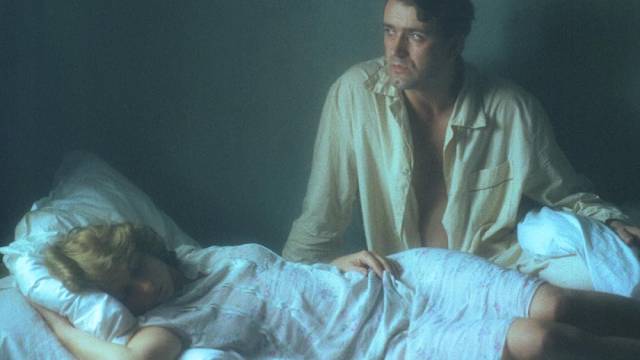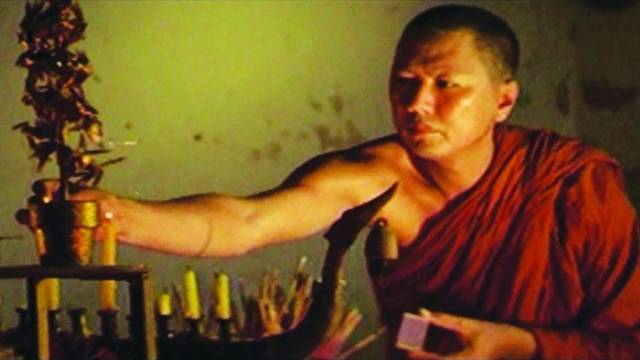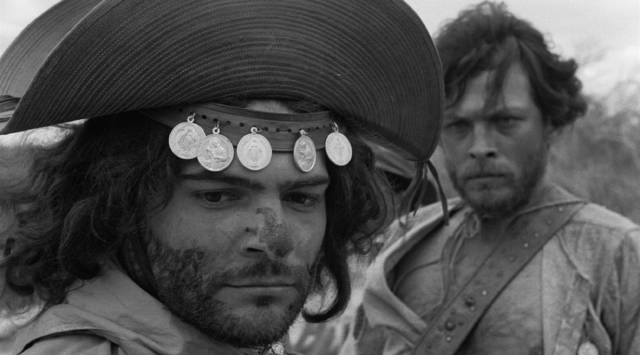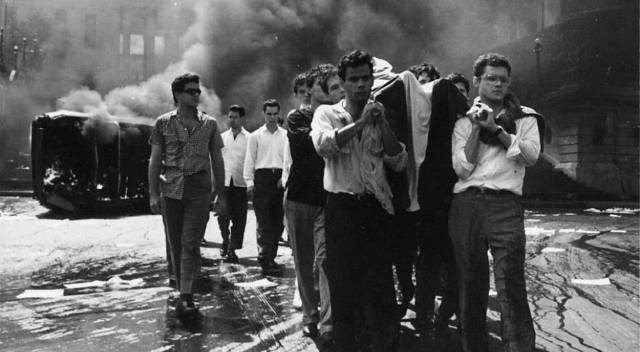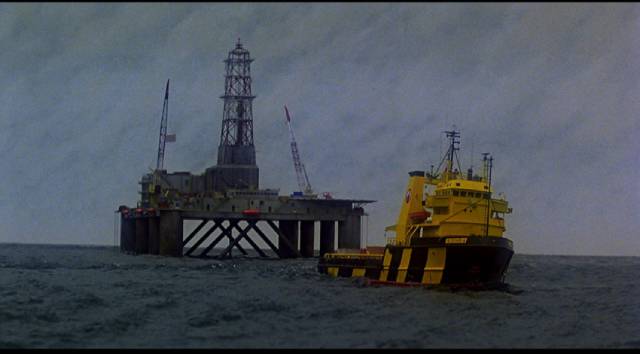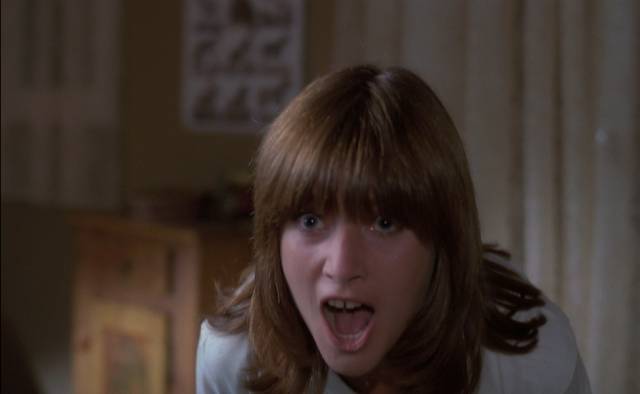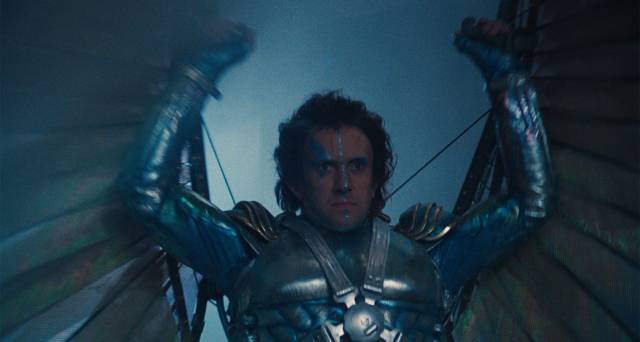
Criterion’s new edition of Terry Gilliam’s masterpiece Brazil (1985) presents an impressive new 4K restoration which highlights the dense, endlessly inventive production design of Gilliam’s blackly comic dystopian vision of a world run by an oppressive but utterly incompetent bureaucracy, even more pertinent now than it was in the middle of Reagan’s presidency. The three-disk, dual-format set includes a comprehensive history of the production and the controversy surrounding Gilliam’s fight to get the film released, as well as the truly awful alternate “Love Conquers All” cut put together by Universal in a misguided attempt to make the film “more commercial”.
